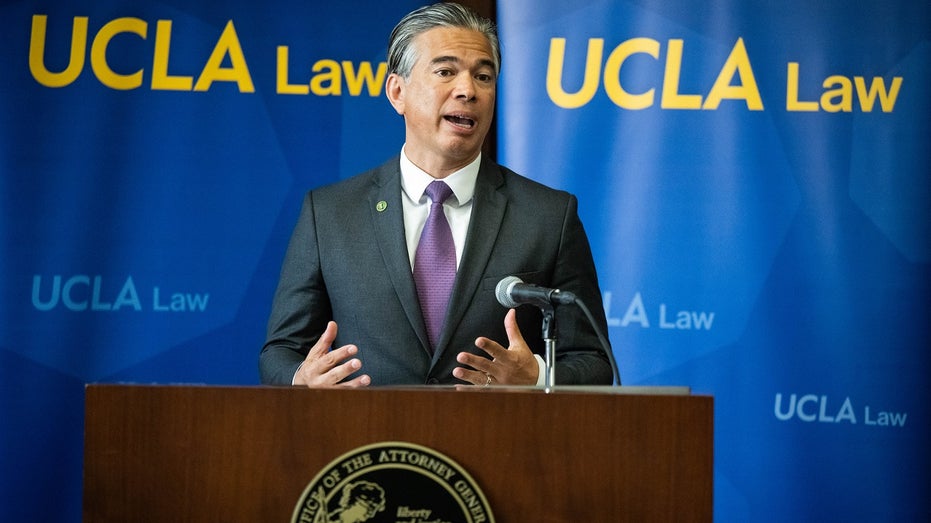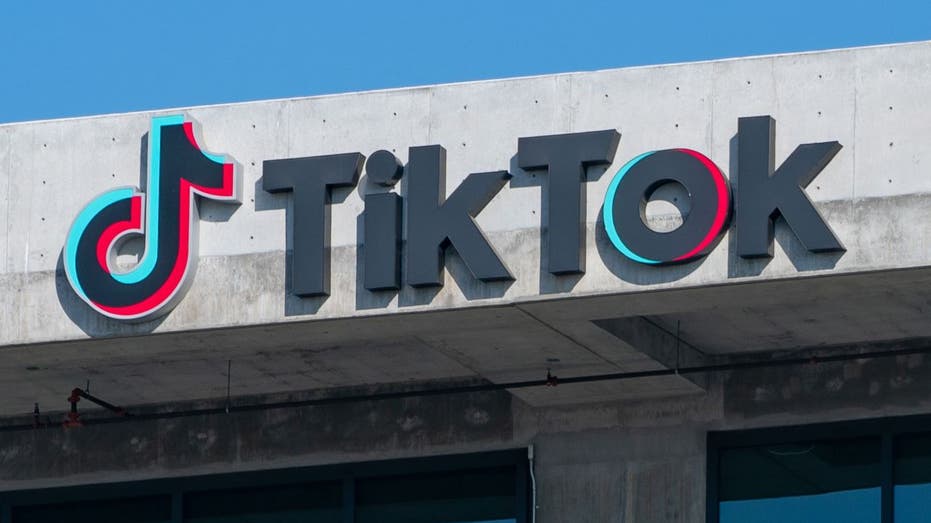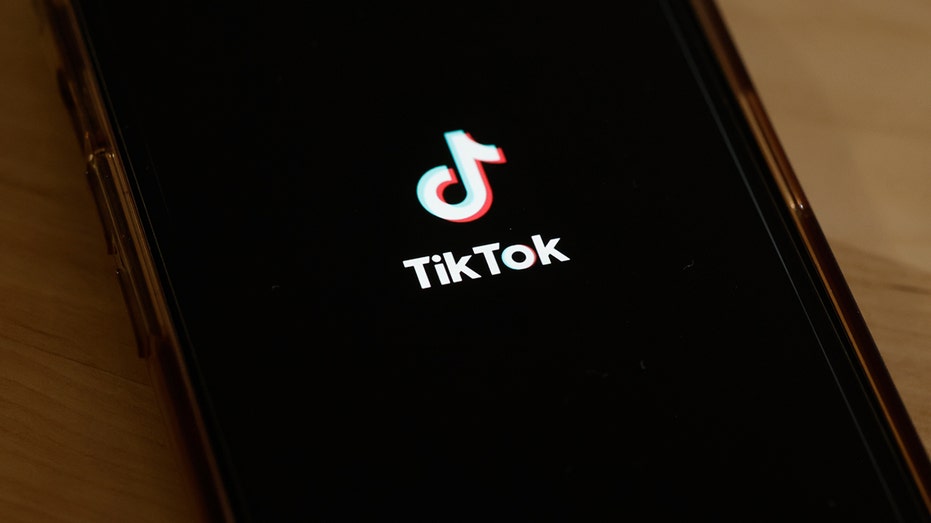A bipartisan coalition of attorneys general from over a dozen states and Washington, D.C., have filed lawsuits against the social media platform TikTok, alleging the short-form video app was designed to be addictive to kids and harms the mental health of young users.
Reuters reported the lawsuits come more than two years after a national investigation into TikTok was launched by several attorneys general in March 2022, including from states like New York, California, the District of Columbia, and 11 other states.
The focus of the separately filed lawsuits centers around TikTok’s algorithm, which curates what users see in their feed.
TikTok’s design features, the lawsuit claims, attract children to the platform, where they become addicted to the ability to endlessly scroll through content and use face filters to create unattainable appearances.
TEXAS AG SUES TIKTOK FOR ALLEGEDLY SHARING PERSONAL DATA OF MINORS
“TikTok cultivates social media addiction to boost corporate profits,” California Attorney General Rob Bonta said at a news conference in San Francisco on Tuesday. “TikTok intentionally targets children because they know kids do not yet have the defenses or capacity to create healthy boundaries around addictive content.”
TikTok seeks to maximize the amount of time users spend on the app in order to target them with ads, the states say.
“Young people are struggling with their mental health because of addictive social media platforms like TikTok,” New York Attorney General Letitia James said.
Nearly a year ago, dozens of states sued Instagram parent Meta Platforms Inc. both in state and federal courts, for harming young people and contributing to the youth mental health crisis. The lawsuit claimed Meta knowingly and deliberately designed addictive features that kept kids hooked on their platforms.
TikTok’s biggest obstacle, though, comes as its existence in the U.S. is in question.
JUSTICE DEPARTMENT ACCUSES TIKTOK OF GATHERING AMERICAN USER DATA ON SOCIAL ISSUES LIKE ABORTION, GUN CONTROL

Under a federal law that went into effect earlier this year, TikTok could be banned from the U.S. by mid-January if it’s parent company, China-based ByteDance, does not sell the platform,
TikTok and ByteDance have filed appeals in Washington, challenging the law.
Last month, three judges listened to oral arguments in the case and a ruling is expected, which could possibly be appealed to the U.S. Supreme Court.
In the lawsuit filed by the District of Columbia, the attorney general called TikTok’s algorithm “dopamine-inducing,” adding it was created to be addictive. In creating the algorithm, the company could trap many young users into excessive use and keep them on TikTok for hours at a time, the lawsuit alleges.
TIKTOK CREATOR POSTS CRYPTIC VIDEO DAY BEFORE COLLAPSING, DYING AT FINISH OF DISNEYLAND HALF-MARATHON: REPORT

The lawsuit also alleges that TikTok continues to allow the algorithm to addict children, despite knowing behaviors exhibited by young users could lead to profound psychological and physiological harms like anxiety, depression, body dysmorphia, depression and other problems.
A TikTok spokesperson told Fox News Digital the company “strongly” disagrees with the claims, which they believe are inaccurate and misleading.
“We’re proud of and remain deeply committed to the work we’ve done to protect teens, and we will continue to update and improve our product,” the spokesperson said. “We provide robust safeguards, proactively remove suspected underage users, and have voluntarily launched safety features such as default screen time limits, family pairing, and privacy by default for minors under 16.
“We’ve endeavored to work with the Attorneys General for over two years, and it is incredibly disappointing they have taken this step rather than work with us on constructive solutions to industry-wide challenges,” the spokesperson added.
TIKTOK HIT WITH FEDERAL LAWSUIT OVER ‘MASSIVE-SCALE’ VIOLATIONS OF CHILDREN’S PRIVACY

Last week, Texas Attorney General Ken Paxton filed a lawsuit against TikTok alleging it shares the personal data of minors, which violates the state’s parental consent law known as the Securing Children Online through Parental Empowerment (SCOPE) Act.
The SCOPE Act was created in Texas to protect minors from the harmful, deceptive and unfair trade practices of some digital services and prohibits digital service providers, like TikTok, from sharing, disclosing or selling a minor’s personal information without the consent of the minor’s parents or guardian.
Paxton has accused the social media platform of failing to use a commercially reasonable method for a parent or guardian to verify their identity, claiming TikTok’s “Family Pairing” method does not verify their identity or relationship with a minor.
The lawsuit also alleges that TikTok unlawfully shares, discloses and sells known minors’ personal identifying information without first obtaining permission from the verified parent.
Specifically, the lawsuit used the example of a minor’s name or username, saying if a person uses TikTok to search for the account of a known minor whose account is set to “public,” TikTok will share and disclose the minor’s personal identifying information like name, username, profile image, social media contacts and user content.
In a statement to Fox News on Paxton’s lawsuit, TikTok said, “We strongly disagree with these allegations, and, in fact, we offer robust safeguards for teens and parents, including family pairing, all of which are publicly available. We stand by the protections we provide families.”
Reuters contributed to this report.
Read the full article here











